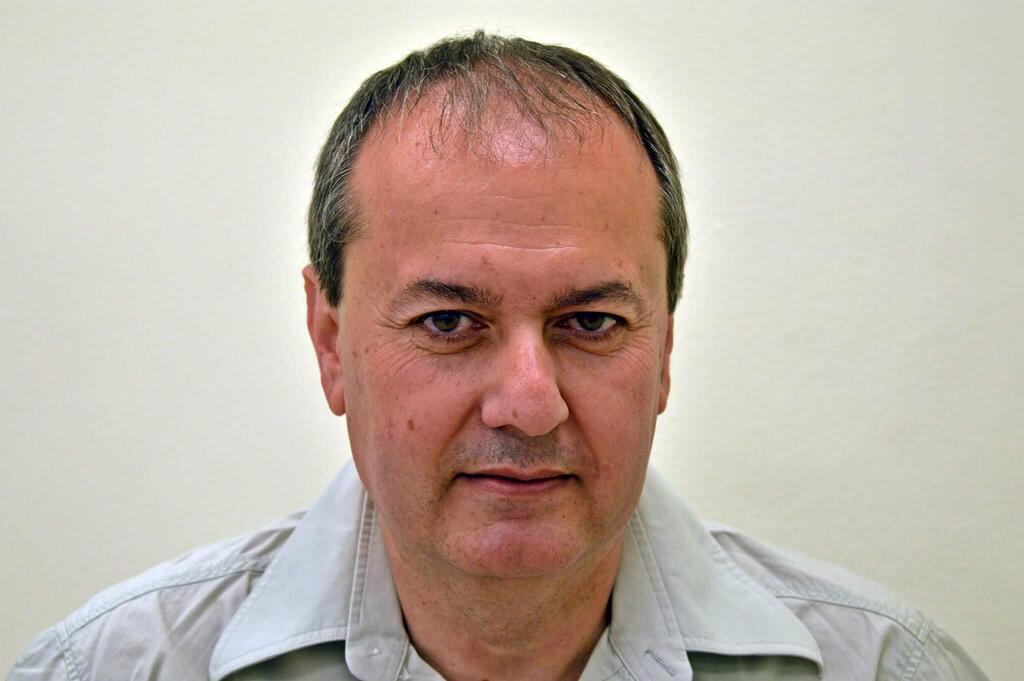On Sunday, Israeli pop star Dana International revealed to the world via Instagram that she has been dealing depression and was hospitalized for psychiatric treatment.
"I recently experienced something that I have never felt before in my life and career. I was consumed by sadness and depression that felt like an evil monster had swallowed me up. I couldn't function during the day or sleep at night," she said.
"When I realized that this unpleasant situation wouldn't leave, I decided to fight it. I refused to give up, feel ashamed or neglect myself. In 2023, when medical science is so advanced, we use doctors and pills when the body weakens," she added.
"It's equally important to seek treatment when the soul is suddenly weak. This isn't something to be ashamed of but rather a source of pride," the singer asserted.
In a brave move, Dana International has revealed that she underwent psychiatric treatment at a hospital. For years, she has been a symbol of the battle between liberalism and conservatism, freedom and religious laws, and impulse and prohibition. While she usually emerges victorious, there are times when the struggle takes its toll on her.
Dana bravely shared her journey as a transgender person with the world. Her coming out was a pivotal moment in Israel and beyond, and it helped to shift attitudes toward the gender-diverse community.
The battle between freedom and restriction is not confined to the lives of the famous; we all grapple with it in our own way. Within each of us resides a mental framework known as the "Super Ego," which consists of internalized commands and constraints that impede our natural impulses.
The Super Ego is intended to facilitate our existence within the community, to care for and defend the other – the distinct, the weak and the deprived. Unfortunately, the "supreme self" often lacks the ability to adapt and doesn't necessarily evolve in accordance with life's changes.
Consequently, we may find ourselves experiencing unjustified shame or enforcing excessively stringent codes of conduct and penalties.
The concept of the "supreme self" transcends the individual and extends to the community and society as a whole. Religious and moral codes serve as mechanisms to establish a collective "supreme self," imposing rules of behavior and conduct on individuals in society, with some being codified into laws and others being accepted social values and norms.
Despite the expectation that changes in society should lead to changes in the collective "supreme self," the institutions responsible for enforcing these changes, such as religious authorities and educational bodies, often resist change and remain stuck in the past.
Since childhood, we humans are exposed to an array of educational messages, which we may either embrace or ignore. These messages become a part of us, shaping our beliefs and values.
However, not all laws are created to serve society and its people. Some are enacted to safeguard the interests of the ruling class while overlooking the welfare of the common individual. It is crucial to differentiate between the laws that serve the greater good and those that only serve the privileged few.
The struggle between individuality and societal norms can lead to the creation of a "closet" where one hides their true thoughts, feelings and identity, even from themselves.
This act of concealment can take a heavy toll on the mind, causing stress, anxiety and depression. It's a burden that stems from the stigma of being different and the consequences that come with it.
Unfortunately, this burden is often felt by those in the LGBTQ+ community who are met with ostracism and discrimination. Many young individuals who come to terms with their sexuality feel pressured to hide their true selves, leading them to live a life of secrecy and lies.
In some societies, this process is even encouraged, with so-called "conversion therapies" being used to try and change one's sexual orientation.
The positive trend of members of the LGBTQ+ community taking control of their lives and coming out publicly can surely be attributed to societal shifts of widespread acceptance that have been occurring both in Israel and abroad.
Dana bravely shared her journey as a transgender person with the world. Her coming out was a pivotal moment in Israel and beyond, and it helped to shift attitudes toward the gender-diverse community.
Dana's candor and genuine nature made her a role model for many individuals who, like her, had been living in the shadows and hiding their true selves. By following in her footsteps, they were able to break free from the chains of societal expectations and live their lives authentically and fully.
The stigma attached to psychiatric illnesses and mental disorders, coupled with the abhorrent sanist attitude toward psychiatric patients, is largely driven by ignorance and fear toward the mentally ill.
Society's inability to comprehend the incongruity between a seemingly healthy individual and their behavior (e.g. depression, anxiety or psychosis) has only fueled the marginalization and isolation of psychiatric patients.
As a result of being stigmatized, individuals with mental illnesses have been forcibly separated from society and banished to far-off and often inhumane institutions.
It wasn't until the mid-twentieth century, with the development of antipsychotic and antidepressant medications and a deeper understanding of the biological basis of mental illnesses, that a gradual process of releasing patients from institutionalized settings began to occur.
Despite this progress, the stigma surrounding psychiatric disorders continues to run deep in society, leading families and even patients themselves to conceal their conditions from others. Additionally, psychiatric terms are often misused as tools of humiliation and degradation, particularly in the heat of political campaigns.
Concealment of mental illness can result in intense shame, social isolation and reluctance to seek treatment, with potentially devastating consequences such as disability, violence and – in the most extreme of circumstances – suicide.
Dana International's courageous act of opening up about her battle with depression and seeking treatment is a significant milestone in the continuous journey of many public figures who have shared their mental health struggles.
As a trailblazer and influencer, Dana leads by example and sets a positive tone for individuals and their loved ones who have experienced psychiatric issues.
By shedding light on her personal journey with honesty and transparency, Dana provides a valuable service to the wider community of psychiatric patients and their families.
Hats off to you, Dana!




